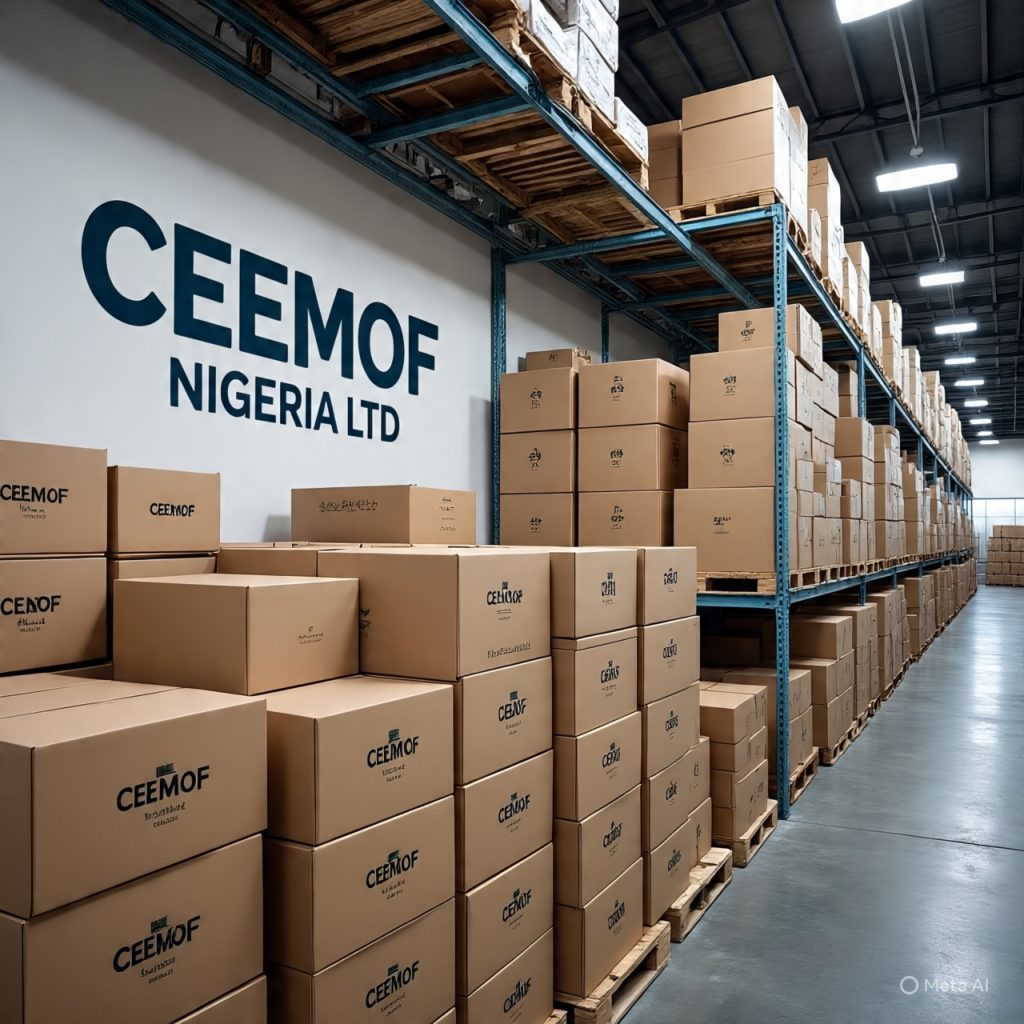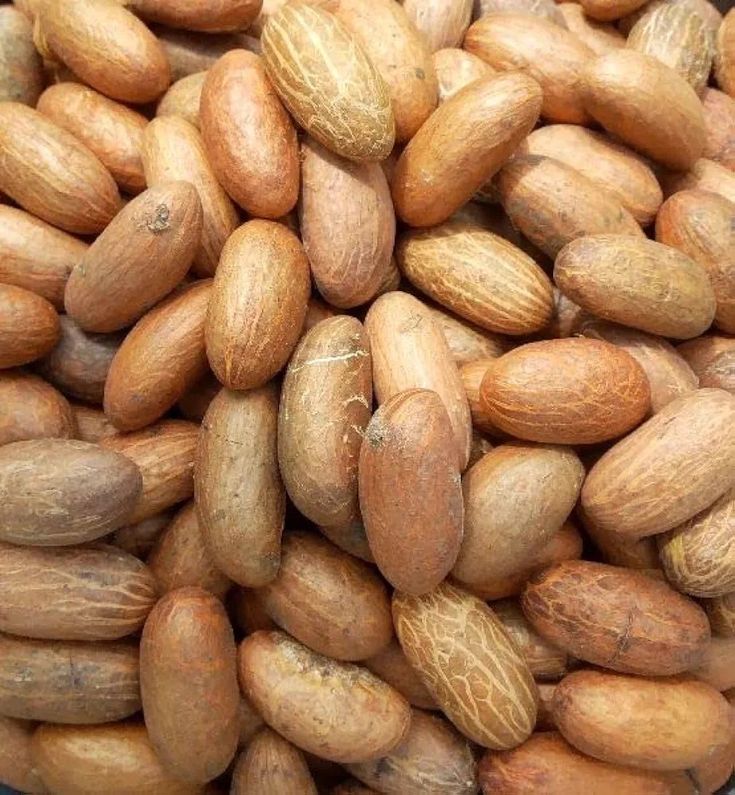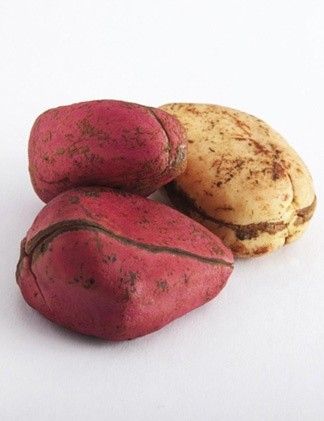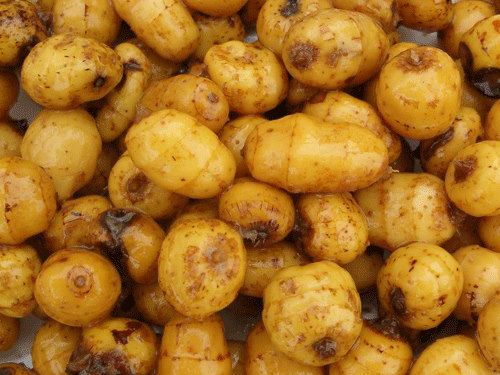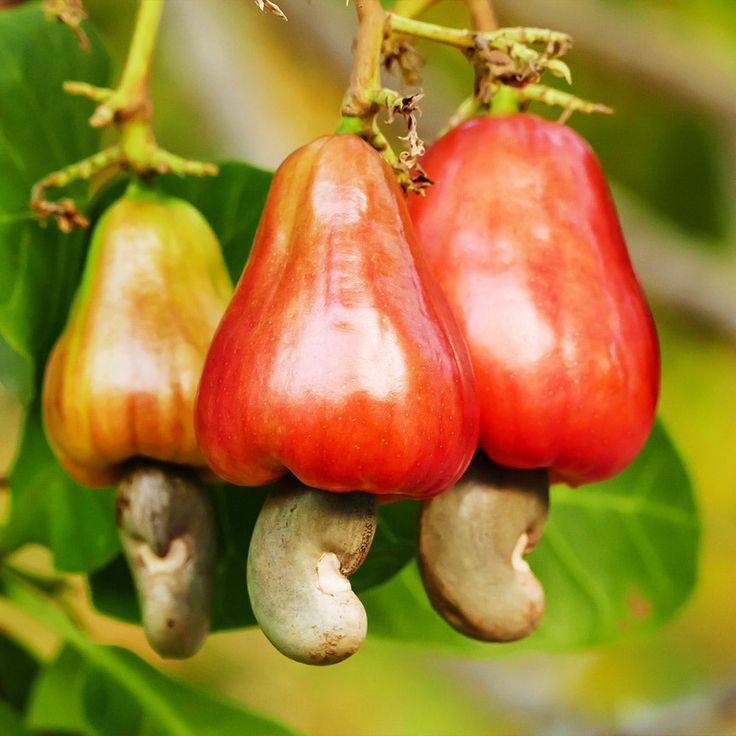What It Is
Gum Arabic, also known as Acacia Gum, is a natural hardened sap collected from Acacia Senegal and Acacia Seyal trees. It is highly valued worldwide as a stabilizer, thickener, emulsifier, and binder in various industries. Nigeria is one of the largest producers and exporters of Gum Arabic, supplying premium quality grades to international markets.
What Export of It Is
Exporting Gum Arabic involves the sourcing, cleaning, grading, and packaging of raw or processed gum for international buyers. With high demand from the food, pharmaceutical, and cosmetic industries, Gum Arabic export is a profitable venture that strengthens global trade ties and provides foreign exchange earnings.
Industrial Uses of Gum Arabic
-
Food & Beverages: Used as a stabilizer in soft drinks, confectioneries, chewing gum, and bakery products.
-
Pharmaceuticals: Serves as a binding agent in tablets and capsules, as well as a suspending agent in syrups.
-
Cosmetics: Used in lotions, creams, and makeup for its emulsifying properties.
-
Printing & Paints: Applied in lithography, printing inks, and watercolors.
-
Other Uses: Textile, ceramics, and adhesive industries.

Export Specifications
-
Grades: Grade 1 (Hashab – highest quality), Grade 2 (Talha), Grade 3 (Mixed)
-
Form: Whole lumps, granules, and powdered form
-
Color: Pale to orange-brown (depending on grade)
-
Purity: 85% – 99% (depending on processing)
-
Moisture Content: Maximum 12%
-
Ash Content: Below 4%
-
Packaging: 25 kg, 50 kg multi-wall paper bags, or as per buyer’s request
-
Shelf Life: 24 months when stored in a cool, dry place
Key Export Destinations
-
Europe (UK, France, Germany)
-
North America (USA, Canada)
-
Middle East (UAE, Saudi Arabia)
-
Asia (India, China, Japan)
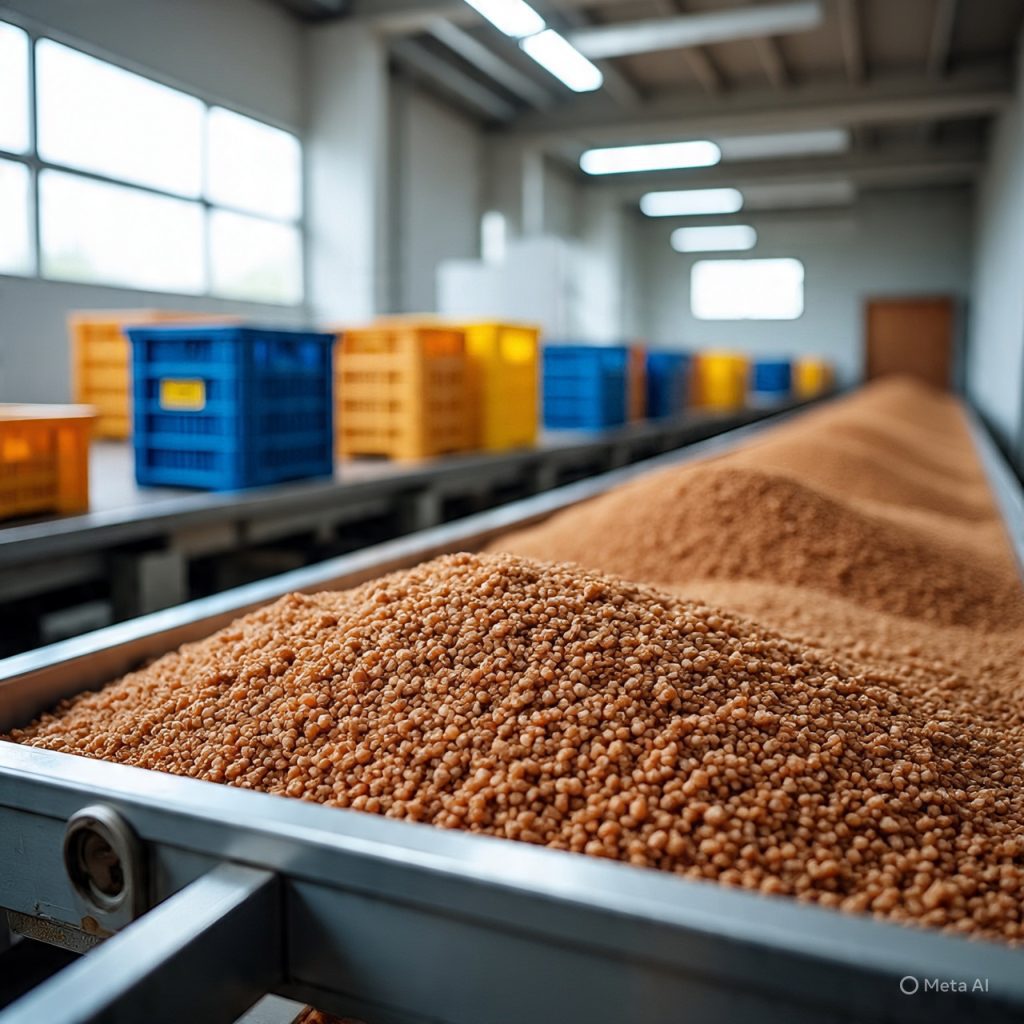
Why Gum Arabic Export is Profitable
-
High global demand across multiple industries
-
Non-substitutable natural product
-
Value addition opportunities (powder processing and packaging)
-
Competitive advantage due to Nigeria’s production capacity


